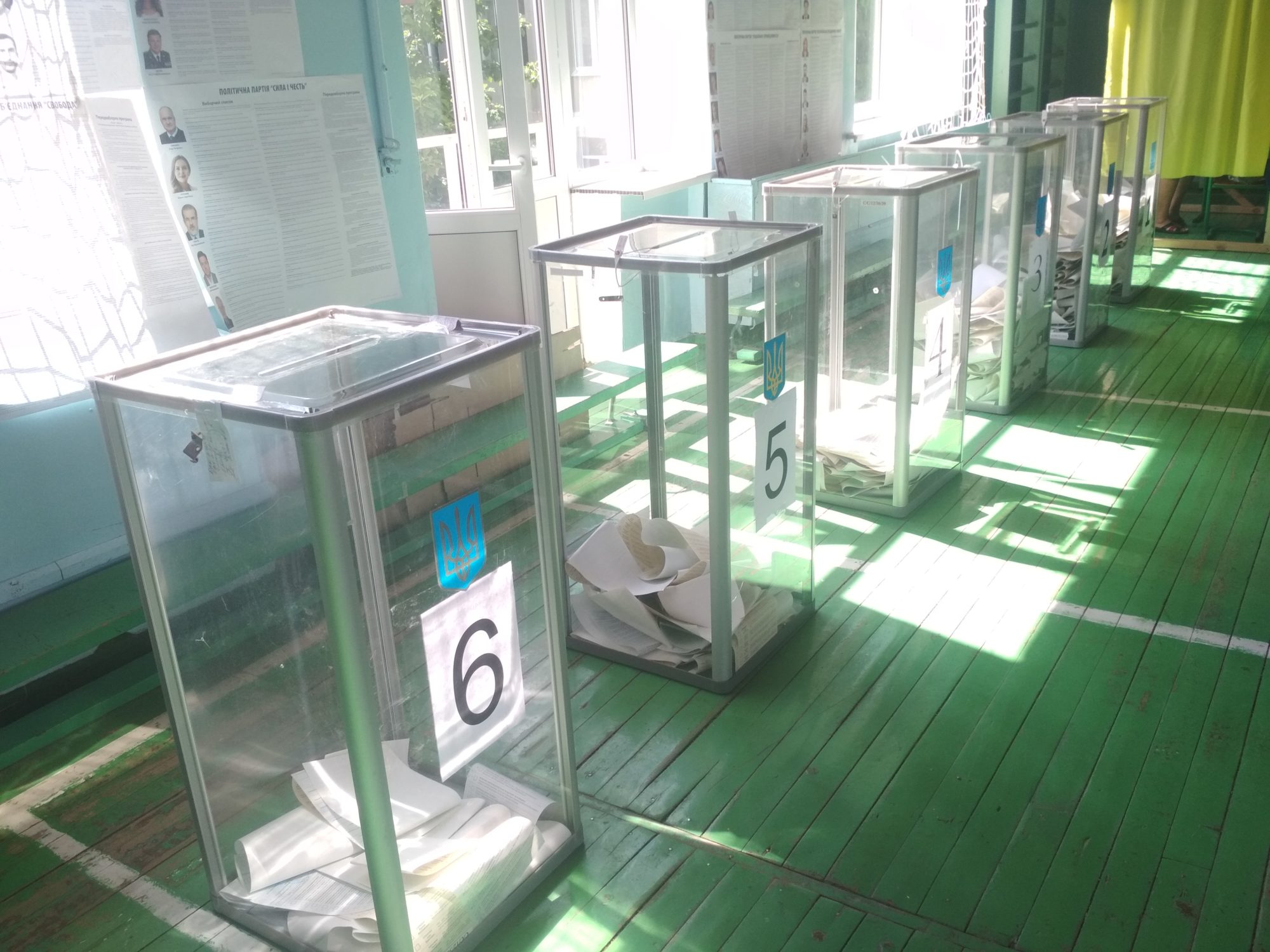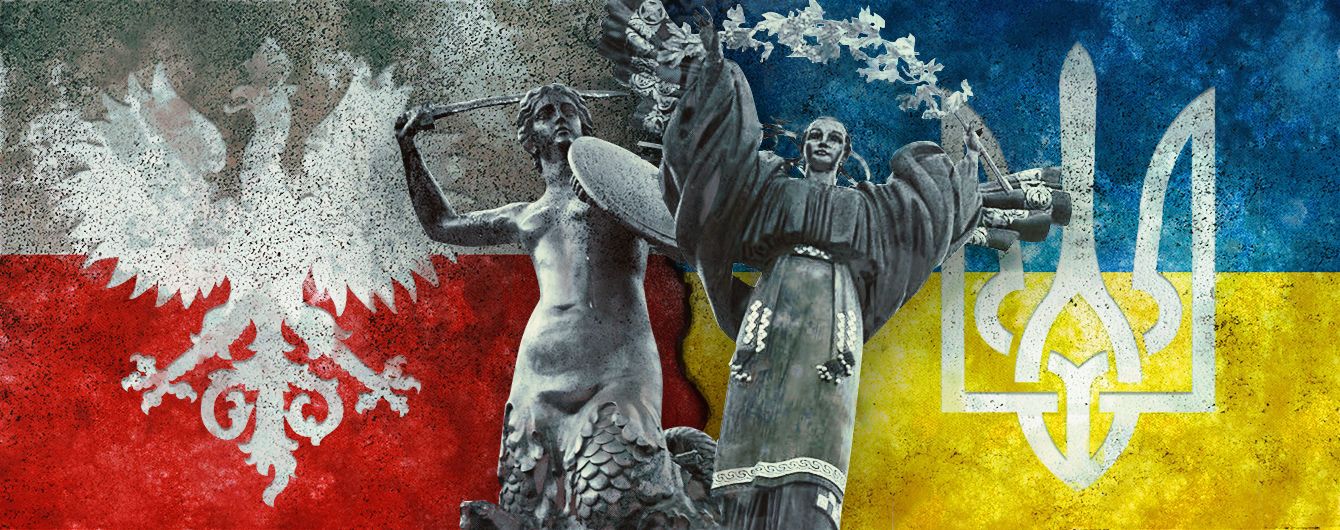The president of Ukraine, the president of the Venice Commission, other international diplomats, and representatives of Ukrainian civil society agreed that reforming judicial governance was the key issue. Meanwhile, a draft law on judicial reform is being prepared for the second reading in parliament. However, its provisions contradict the intention of real reform.
Among the topics discussed at the conference were fighting corruption in transitional democracies, de-oligarchization, as well as hybrid threats, disinformation, and others relevant to Ukraine’s position in the world agenda.
The first non-oligarchic high-level conference

Alyona Getmanchuk, director of the New Europe Center, summarized the aspects which gave weight to the conference - this was the first event at such a level organized solely by civil society, without oligarch involvement or their money.
“Many of my colleagues in Ukraine and in Western countries did not believe that this was in principle possible, but the key drivers of this conference, Hanna Hopko and Daria Kalenyuk [activists behind the conference], proved that everything is real.”
Getmanchuk stresses that the conference aimed to present Ukraine from the side of civil society, not to satisfy someone's personal ego or whiten someone’s reputation in Western countries.
Therefore, the discussion on the most painful issues for the country was hard. Among these issues is the fight against corruption and the judiciary, as there are courts which can nullify any successful anti-corruption efforts in other areas. As it was civil society that set the tone for the discussion, key issues were not avoided. These include reforms within the bodies of judicial governance.
Main cornerstones in Ukrainian judicial reform
Civil society refers to the two bodies as those which covered up corrupt judges and were sensitive to political interests. The HQCJ was disbanded as a result of the first judicial reform launched by president Volodymyr Zelenskyy in 2019. The HCJ in fact blocked the formation of the new body according to new principles. As a result the HQCJ is not in operation and no assessment of judges is being conducted. The unreformed HCJ continues to run the show.
Speaking at the first day of the conference, president Volodymyr Zelenskyy emphasized that any judicial reform which does not foresee the integrity of the members of the HQCJ and the HCJ is doomed to defeat.
"It should be acknowledged that the corruption-oligarchic system in Ukraine does not give up and resists every day. However, neither I nor my team will be frightened or stopped. I believe one of the proofs of this is the so-called law on oligarchs submitted to the Verkhovna Rada as urgent.”
Getmanchuk notes that the very fact the president took part in the conference is a positive step, sending a signal to Ukraine’s western partners that he is still aiming to fight corruption.
At the same time, the president’s words and the real situation regarding bodies of judicial governance differ significantly. In particular, the draft law on re-launching the HQCJ is being prepared for the second reading in Parliament. It contradicts the goals announced by the president. According to the draft law, the key influence on the formation of the HQCJ has de facto been given to the unreformed HCJ.
In this regard, prior to the conference, leading NGOs released a statement
calling on MPs to amend the draft law in a way that will launch real reform. Otherwise, the NGOs warn, the selection of more than 2,000 judges and the integrity checks on another 2,000 incumbent judges across Ukraine will be led by an unreformed High Council of Justice.
Venice Commission’s strict language on legislative initiative
The President of the Venice Commission, Mr Gianni Buquicchio, who was the headliner on the second day of the Democracy in Action Conference, used the strictest diplomatic language possible addressing the above mentioned draft law, saying that it did not correspond to the Venice Commission’s recommendations and the Venice Commission did not support it.
“The makeup of the High Council of Justice must be reviewed before this body is entrusted with the appointed HQCJ. This is an absolute condition without which judicial reform is doomed”.
However, back then the pressure from civil society and Ukraine's international partners led to the idea of having international partners participate. Now, after almost two years of the High Anti-Corruption Court’s activity, positive fruits are indeed visible, as its work has resulted in a number of corrupt officials being punished.
Since thus far the bodies of judicial governance have not been able to reform themselves from within and are the main opponents of effective change, applying the formula with international experts remains about the only opportunity for reform.
As Mr. Buquicchio stated Kyiv, the Venice Commission supports the suggestion of creating a mixed national-international body, a competition commission to select new HQCJ members. He also referred to the positive example of the model created for selection of judges of the High Anti-Corruption Court. He stressed that the HQCJ should not be related to the HCJ while the latter remains unreformed and does not go through the selection of its members.
The Venice Commission released another urgent conclusion regarding the bill on creating an Ethical Council - a body which is to exist for six years and check candidates before their selection or appointment as members of the HCJ. Also, the body will check the current HCJ members.
However, the question of the mixed body has another tricky aspect - the allocation of votes of its members. If the voice of national members prevails, there might be a risk that national members will again run the show and back the current status quo. Therefore, the role of the international experts should not be neglected. The Venice Commission suggested a corresponding model.
Insights from the neighbors
A few panels and speeches at the conference were devoted to the judiciary in neighboring countries which are also going through transitional periods. Thus,
Maia Sandu, President of Moldova who spoke at the conference online shared that Moldova’s courts fail to punish the most corrupt. For this reason, public trust in the judiciary within the country is falling. Also, as in Ukraine, Moldova’s judiciary reform faces strong opposition from within the system.
In this regard, Sandu noted that much attention was paid to the independence of justice, with much less attention being devoted to the accountability of judges.
“Because when you provide corrupt judges with independence it does not solve the issue, they just continue to take legal decisions which help corrupt groups in Moldova,” Sandu said.
Moldova's president went on to say that there are several corrupt clans who go around and try to buy judicial decisions, so judges can choose in whose favor to judge and how much to get. While the state is paying relatively good salaries in the system, it still cannot compete with the corrupt clans.
The solution Moldova decided to integrate is one of the extraordinary external evaluations of judges and prosecutors to eliminate corrupt individuals from the system.
Hanna Suchocka, Former First Vice-President and Honorary President of the Venice Commission, shared the experience Poland was going through. The first reform of the country’s judiciary took place in 1989 when a new body, the National Council of Judiciary, was introduced.
“Having such tough experience with political judges in the communist era we had the opinion that first of all we had to create guarantees for appointing judges by having a much more clear system of appointment.”
To provide its independence, it was made mostly of judges which after some time made the body more bureaucratic and according to Suchocka turned into some kind of new Ministry of Justice trying to organize everything for themselves.
Therefore, it was decided to make it more pluralist. According to Suchocka, nowadays Poland has a law on the National Council of Judiciary, according to which the majority of judges are invited by Parliament which leads to its politicization and corporatism.
Suchocka suggests more independent people for the future, like lawyers or barristers.
At the conference, with the participation of Mr. Buquicchio the new standard of judicial governance for the countries with transitional democracy was presented. The document was developed together with experts from Bulgaria, Armenia, Georgia, Moldova, Romania and Ukraine. The key point of the document is that fair and transparent selection of the members of judicial councils has to be provided which can be achieved through the participation of international experts and professionals in society.
Read more:
- How Ukraine can tame its “judicial mafia”
- Zelenskyy dismisses two Constitutional Court judges, deepening constitutional crisis
- Why post-Euromaidan anti-corruption reform in Ukraine is still a success
- Despite second attempt at judicial reform, political decisions rule Ukrainian courts





